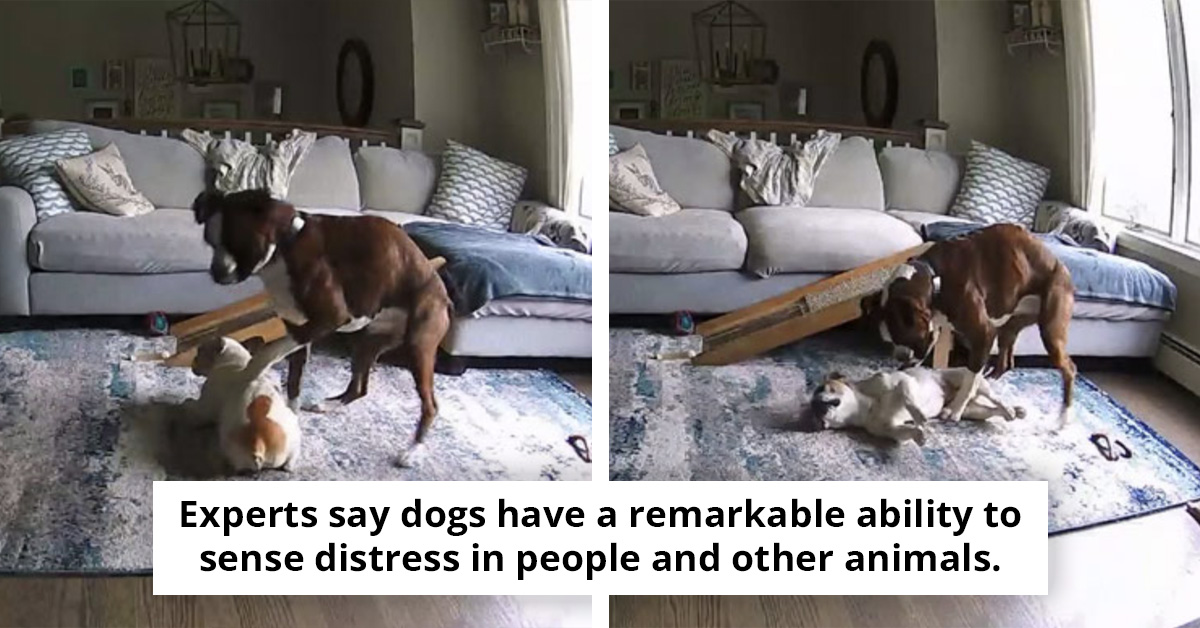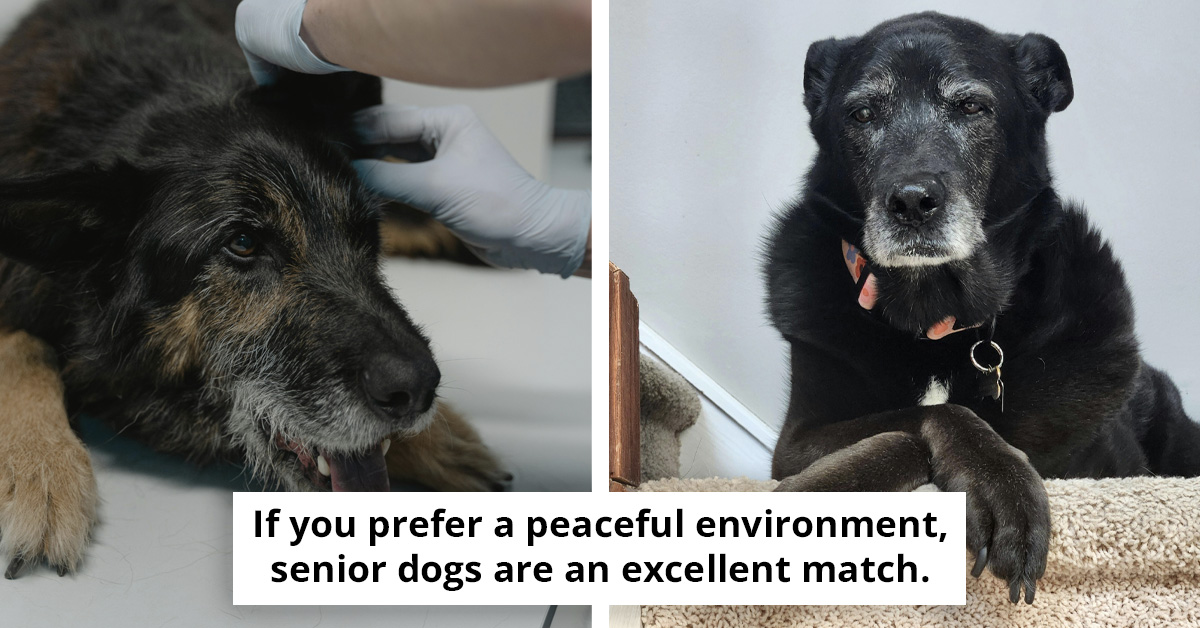Pet Owner Gets Into Fight With Entitled Mom After Seeing Their Cat Being Suffocated By Her Kid
We've all experienced playful aggression multiple times in our lives. Whenever we see something cute, whether it's an animal or a human being, we may clench our fists, grit our teeth, or want to pinch the cute little one.
Aside from the irresistible urge to pinch them, we make those sweet, baby-talk sounds. It's like a universal instinct that doesn't care about where you come from.
No matter your background, it can instantly connect people through this overwhelming sense of warmth and happiness. For us grown-ups, we've got the self-control to give just gentle pinches or strokes to show our love without causing any harm.
However, when it comes to kids, especially the really young ones, it can be a whole different ballgame. They're still learning about what's gentle and what's not, so sometimes their displays of affection can be a bit more enthusiastic than intended.
On r/entitledparents, a Redditor had an encounter with a kid whose cute aggression was uncontrollable. According to the original poster (OP), their mom invited her friend (an entitled mom) and her kids.
One of the kids chased after the cat, but the OP intervened. Some moments later, the kids watched TV while the mom and her friend talked over coffee.
The OP was playing a game when their cat jumped from the chair. Not long after, they heard one of the kids scream, so the OP went to the kitchen.
It was the same toddler who had chased after the cat. The kid was squeezing the cat tightly; it was suffocating.
The OP pushed the kid away to save the cat. The OP and the kid's mom ended up shouting at each other over what happened.
The OP had an encounter with a kid who almost killed their cat and an entitled mother who defended her little one.

The OP's mom invited her friend and the friend's kids to come over.
The OP doesn't like this person. They even called her a b**ch.

When the kid chased the cat, the OP intervened.
The kid chased it a second time and was able to capture it. This time, the OP pushed the kid away because it was squeezing the cat to death.

Understanding Child Behavior and Parental Response
Dr. Sarah Collins, a child psychologist, explains that children's play often involves testing boundaries, which can lead to misunderstandings between parents and caregivers.
Her research indicates that children may not fully comprehend the impact of their actions on pets or other animals.
Recognizing this developmental stage can help parents guide their children in understanding empathy and respect for living beings.
Child Behavior and Parental Responsibility
Understanding child behavior is crucial in addressing situations like this, where a child’s actions can pose risks to pets.
Developmental psychologists emphasize that young children often lack the understanding of their actions' consequences, especially in relation to animals.
Dr. Karen Wynn at Yale University notes that children learn empathy and boundaries through guided experiences with pets and caregivers.
The Impact of Parenting Styles on Child Behavior
The incident involving the child suffocating the cat raises critical questions about parenting approaches and child development. Dr. Rebecca Lin, a child psychologist at Harvard, explains that children's behavior often mirrors the dynamics they observe in their environments. Her research indicates that children raised in environments where empathy and compassion are not prioritized may struggle to understand the emotional needs of others.
It’s essential for parents to model compassionate behavior towards animals and peers alike, as children learn through observation. In this case, the entitled mother’s dismissal of the child’s actions suggests a lack of guidance in developing empathy.
The OP and the kid's entitled parent fought.
The mother defended her little one, saying it was only playing with the cat (when clearly the kid was suffocating it). Fortunately, the OP's mom was on their side.
She asked her friend to leave with her kids.

The OP even paid cat tax to the community.

One of a parent's responsibilities is to teach children how to handle pets. The entitled mom failed at this.

According to studies published in the Journal of Child Psychology and Psychiatry, children often engage in play that can be mistaken for aggression without malicious intent.
Thus, teaching children about appropriate ways to interact with animals is crucial.
Effective communication about kindness and respect can help prevent harmful behaviors and foster empathy.
Research indicates that teaching children about compassion and care for animals fosters not only empathy but also responsible behavior.
Parents can create opportunities for children to interact with pets in safe and nurturing ways, thereby modeling appropriate behavior.
Dr. John Paul Scott’s studies on child-animal interactions highlight that positive experiences can lead to lasting attitudes towards animals.
Research in developmental psychology shows that early interactions with animals can shape a child's ability to express empathy. According to a study published in the Journal of Applied Developmental Psychology, children who engage positively with pets learn to develop caring behaviors towards others. Conversely, negative interactions, such as those described, can lead to desensitization and aggressive tendencies.
To foster healthy emotional development, parents should encourage gentle and respectful interactions with animals. Providing children with opportunities to learn about animal care can promote empathy and responsible behavior.
A Redditor hopes that despite what happened, the cat is still okay with other kids who actually know how to handle pets.

Others admit that they'd go beyond pushing the kid.

This is why parents need to teach children about cats they don't know.
Other cats would have scratched the kid on the face. Things could have been worse.

Strategies for Teaching Empathy to Children
Parents are encouraged to model empathetic behavior and to engage in discussions about feelings and consequences.
Research shows that children who witness empathy in their caregivers are more likely to exhibit similar behaviors.
Moreover, creating opportunities for positive interactions with animals can reinforce compassionate behavior.
The Role of Boundaries in Parenting
Setting boundaries is an essential part of parenting, especially when it comes to interactions between children and pets.
Psychologists emphasize that clear rules and consistent consequences help children learn what is acceptable behavior.
Using positive reinforcement to reward gentle interactions can encourage children to develop a respectful attitude towards animals.
Addressing Entitlement and Responsibility
The mother's reaction to the situation also highlights issues of entitlement and responsibility in parenting. A recent study from the University of Michigan found that parents who fail to set boundaries often raise children with a sense of entitlement, believing they can act without considering the consequences. This dynamic can lead to a lack of accountability, which may manifest in harmful behaviors towards animals and peers.
To counteract this trend, parents should establish clear expectations and consequences for their children's actions. Engaging in discussions about empathy and respect can help children develop a more nuanced understanding of their responsibilities towards others.
Some Redditors asked for a cat tax, and the OP complied with the picture above.

Among the important things that parents should teach a child is how to respect the boundaries of other people's pets. This entitled parent is clearly failing at this.
Inadequate guidance for her child poses a risk to both the child and the pet in the long run. Unwanted interactions, especially aggressive ones, can lead to injuries for both the child and the animal.
Bites and scratches are common consequences of pets feeling threatened or cornered.
Psychological Analysis
This scenario illustrates the critical role of parenting in shaping children's behavior and attitudes towards others. When parents model empathy and set clear expectations, children are more likely to develop positive social behaviors. Encouraging children to respect animals and understand their needs can significantly influence their emotional development and interpersonal skills.
Analysis generated by AI
Analysis & Alternative Approaches
Addressing the behavior of children requires a comprehensive understanding of developmental psychology and effective parenting strategies. Research indicates that fostering empathy and responsibility is crucial to nurturing well-rounded individuals. As noted by Dr. Shefali Tsabary, parenting expert: 'Children learn best through the modeling of empathy and accountability by their parents, which shapes their future interactions and behaviors.'
Moreover, it’s important for parents to model appropriate behavior regarding animal care.
When children see their parents treating pets with kindness and respect, they are more likely to emulate these behaviors.
Encouraging discussions about feelings and compassion will help children develop emotional intelligence and understanding towards all living beings.
Psychological Analysis
This scenario reveals a critical opportunity for parental guidance in shaping a child's understanding of empathy and respect for animals.
By actively engaging in discussions about the proper treatment of pets, parents can help children develop a compassionate perspective that will benefit both the child and the animal.
Analysis generated by AI
Analysis & Alternative Approaches
Teaching children about empathy and responsibility towards animals is crucial for fostering respectful interactions.
As Dr. Ross Greene, child psychologist, states, "Children learn best when they are taught the importance of empathy and responsibility in a supportive environment." Instilling these values early can lead to positive outcomes in both child development and animal welfare.
Therapists recommend using age-appropriate language to explain the importance of treating pets with care.
By framing lessons around empathy and kindness, parents can cultivate a greater understanding in their children.
This approach not only benefits pets but also promotes healthy emotional development in children.
Psychological Analysis
This situation highlights a common issue where children may not fully grasp the impact of their actions.
It's essential to approach these moments as teaching opportunities that can shape their understanding of empathy and respect for animals.
Analysis generated by AI
Analysis & Alternative Approaches
Addressing children's interactions with pets is crucial for fostering empathy and understanding.
Research indicates that guiding children through these experiences can prevent harmful behaviors and promote compassionate relationships.



